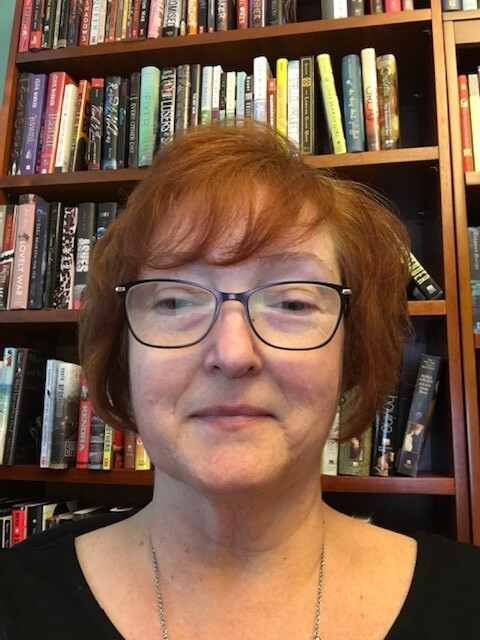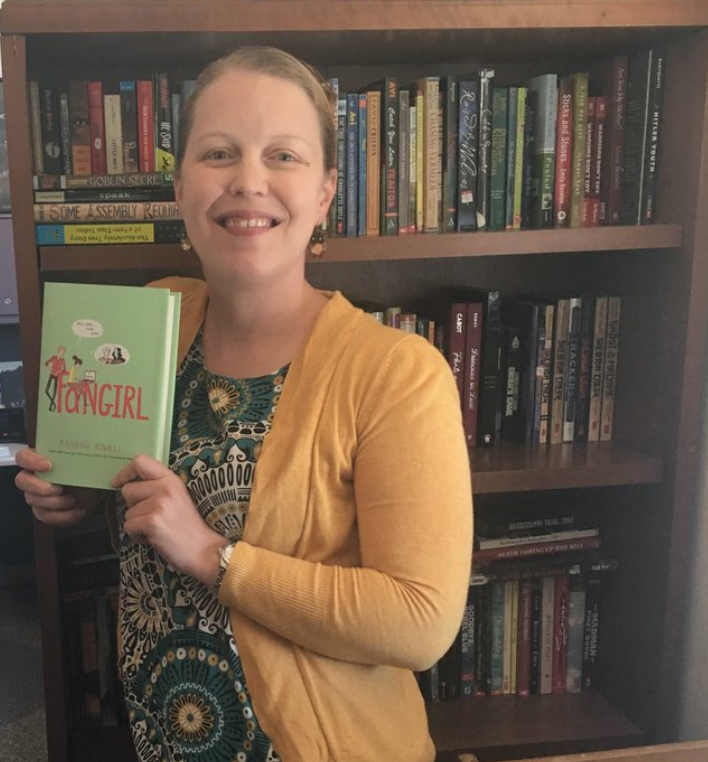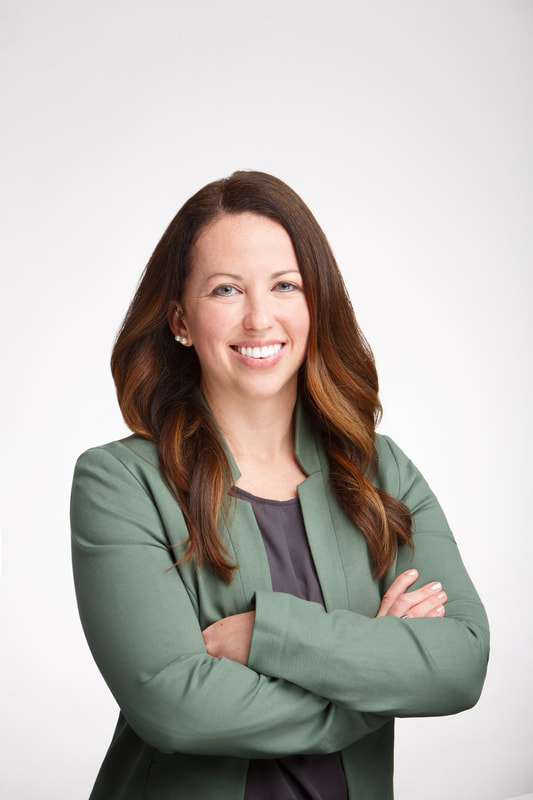Our essential question for the unit is to what extent should personal opinions on political and social matters impact what is taught at school. To explore this idea, this unit consists of student choice novels, often seen on challenged or banned book lists. Students had the choices of four novels to choose from: Speak by Laurie Halse Anderson, The 57 Bus by Dashka Slater, To Kill a Mockingbird by Harper Lee, and Dear Martin by Nic Stone. Students also read opinion articles about why books are banned and whether or not they should be banned. They use their book club novels and the articles to form their own conclusions about banned books that they discuss multiple times through the unit and culminate in a socratic seminar. At the conclusion of the unit, students choose one of the articles to write a rhetorical analysis analyzing how authors appeal to their audiences to sway personal opinions and how that impacts readers. The two final unit tasks are for students to write an analytical essay determining the author’s main argument and analyze how they use rhetoric to persuade their audience (adapted from Pre-AP) and creating their own argument appealing to ethos, pathos, and logos.
Throughout the unit, students meet with their book groups to complete literature circle tasks. We present multiple literature circle tasks and instruct book groups to have at least one task represented in their group. For larger groups, multiple students can complete the same task independently. The purpose of the literature circle tasks are for students to dive into their choice banned book as well as develop deeper connections between their novel and the controversies that surround those novels. Below are specific literature circle tasks that students have assigned themselves:
- Evidence Finder: Find at least three quotes and/or evidence from your novel to support your group’s discussion
- Questioner: Create one discussion question for your group. Your question should not be able to be answered in one word
- Researcher: Using at least one outside source, find at least one piece of evidence that connects to the topics discussed in your group discussion
- Task Manager: How much time does your group have? What is something that went well in your discussion? What is something your group can do better next time?
- Summarizer: Write the page numbers your group read. Answer who/what/when/where/why
The following are back pocket discussion questions that we assigned to either the whole class or individual book groups:
- What is the political/social issue of your novel and why might it be controversial?
- How does society (past, present, future) handle the political social issue in your book?
- How does your main character handle the political/social issue of your novel?
- How does the conflict impact your main character?
- How does it impact other characters?
- How would you handle the conflict if you were your character?
- To what extent should personal opinions on political and social matters impact what is taught at school?
This is an extremely adaptable lesson that can be scaffolded for any level. For the jigsaw, teachers can choose texts based on a different theme, different types of text (songs, images, poetry, images) all about the same theme, or have different groups find their own sources. The questions can also be adapted to fit the current unit and skill. Teachers can provide detailed graphic organizers for texts or use broader questions to ask students to analyze. They can also assign different tasks to each group and each group could have the same text (ex: one group summarizes, one group creates questions, one group finds related outside sources…).
Another successful activity was a chalk talk. Students completed this activity post reading an article with their groups. This specific lesson was focused on opinion articles related to the recent banning of Maus by Art Spiegelman. While seated in groups, students were given a poster with the following question: Looking at your group’s texts, what is truly being banned? Include evidence to support why. Students had their own markers and were expected to discuss and write their thoughts to this question on their poster paper. Once the time was up for students to discuss and write their thoughts in their groups, the teacher had the students rotate the posters clockwise. While the new posters in front of students had the same discussion question, there were unique responses from the previous group. In this rotation, students discussed and responded to the ideas recorded on the poster through writing and discussion. Students could either add their own thoughts or respond by agreeing or disagreeing with an idea from the previous group. Through the chalk talk, the posters could be rotated as many times as class time would allow.
Chalk talk is also adaptable and easily scaffolded. You can include sentence stems or key words for students to use. You can make this a silent discussion activity or allow students to discuss as they write as we did. You can allow images to be drawn on the posters or emojis for agreeing and disagreeing. Teachers can also leave their own comments to turn students' attention to particularly interesting answers or comments.
This is a jam packed and rigorous unit that our students (and us!) overall were extremely happy with. Having so much voice and choice between their book club group, their rotating tasks, article choices, and multiple class discussions through different mediums, we believe had a great impact on our students. Students were able to take ownership and really dive deep into the subject in a self directed way that led to genuine learning and engagement!
Additional Resources
Tinker Vs. Des Moines
Censorship
History of Banning Books
Reasons Books Are Challenged
Banned Books Infographics
To Kill a Mockingbird Banned
Thirteen Reasons Why Banning
Dav Pilkey What It’s Like to Ban Books
Danger of Banning Books (Maus)
Art Spiegelman Maus Banning
Thanks to today's authors:
Channing Porter is a Vanderbilt Peabody alumni and a veteran English teacher .This year, Channing teaches 9th grade English in Metro Nashville Public Schools but has previously taught 10th, 11th, and 12th grade English courses in Nashville. Additionally, Channing serves as the Co-Literacy Lead in her building through coaching and curriculum development. A student has described Channing as “a straight up teacher respectful and always sees things through”.
Alex Novak is a veteran English teacher and serves as the Co-Literacy Lead focusing on coaching and curriculum development. A student has described Alex as “a cool chill teacher that pushes you towards your dreams and is always there for you when you need her!”




 RSS Feed
RSS Feed